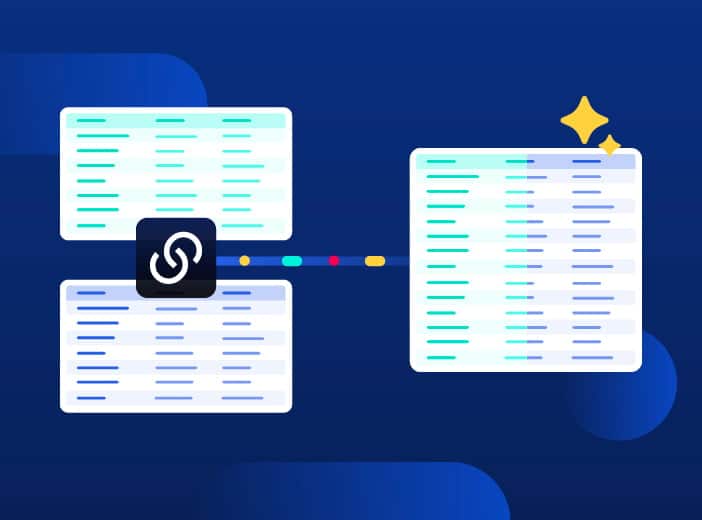How Private Data Sharing Can Help Your Digital Transformation
In this blog article you will find out how data and digital transformation go hand in hand and how sharing data efficiently within your organization will help you successfully embrace the digital era.

Digital transformation is taking by storm organizations and industries of all shapes and sizes. Yet, a recent McKinsey report notes that fewer than one-third of organizational transformations succeed at improving a company’s performance and sustaining those gains. In this blog article you will find out how data and digital transformation go hand in hand and how sharing data efficiently within your organization will help you successfully embrace the digital era.
What digital transformation really is
Digital transformation is on the lips of any business leader, expert or consultant interested in keeping his or her organization alive. As its use steadily grows, its meaning gradually fades. Endless numbers of online articles wrestle with the topic and each one of them offers a different definition of the concept. Ultimately, digital transformation boils down to rethinking how a business uses tech to improve performance.
As straightforward as this may sound, the implications of such a transformation for your organization are many.Rethinking your business so that it can surf the seismic waves of the digital era means that you need to transform the culture, organization and technology that drive your business. Digital transformation is about much more than just technology. It requires you to rethink the way in which your teams interact with each other, with your firm’s management, and with your customers.
A successful digital transformation should be guided by top management while aiming to reach out to all levels of your company. It should strive to empower each and every one of your employees to embrace and contribute to your digital vision.
Why data matters
Whatever your line of business is, it is likely that you are increasingly noticing the importance of data to run your business successfully. In fact, data has become a key asset for businesses across all sectors. Some observers go as far as to suggest that in the very near future, every company in the world will either buy or sell data. The way in which you visualize, analyze and share data in-house will have a significant impact on the success of your organization.
This is where Opendatasoft’s private data sharing platform can be a game-changer. Our platform is a one-stop hub where you can gather all of your information and allow your employees to search, visualize and extract the data that they need. Here are three ways in which harnessing your data from the very early stages of your digital transformation will help you significantly increase its chances of success.
Break down data silos
Every day, your organization generates new data on your internal processes, your customers, and your industry. Most organizations do not have a coherent data strategy to unify this data. As a result, millions of data points are unevenly spread out across different business units.
Business analysis and strategic decisions are carried out in isolation with each team managing its own data and drawing its own conclusions. A successful digital transformation requires a 360-degree perspective on the data that drives your business so that you can make informed fact-based decisions and drive your business forward.
Reduce costs and build a collaborative culture
If you dig deeper into your data usage, you may find that certain datasets are duplicated by different teams within your organization. Centralizing your data and storing all of it on a single data portal may help you cut redundant costs and invest valuable financial and human resources elsewhere. GRDF, the main French natural gas distribution network operator, recognized the importance of improving the circulation of key information for its digital success.
By launching its own internal data sharing platform, the company gave anyone with important data the ability to make it available to others. By centralizing your data, you will not only reduce costs but also encourage collaboration between your teams. Your employees will have access to a single referential data portal and you will witness a rise in efficiency and value-creation across your organization.
Empower your employees and foster innovation
Unifying your data and making it easily available to employees across different departments will make your digital strategy resonate more clearly among all members of your organization. Teams should not be exclusively reliant on IT services to make the most out of your data. Schneider Electric, a global specialist in energy management and automation, provides its employees with a self-service data catalogue. Its data scientists are now able to focus on developing analytics instead of focusing on data preparation and management tasks, thereby boosting their creativity and efficiency.
And, in case you worry that by sharing your data you will lose control over it, managing a single data portal is not about giving up authority over your data. If you are interested to learn more about the ways in which you can oversee access to your different datasets, read our blog post on data governance. In reality, sharing your data internally is all about choosing a people-centered digital transformation for your organization. It is about giving your employees the means to experiment with data, analytics and digital technology as well as to empower them to make your digital vision a reality.



